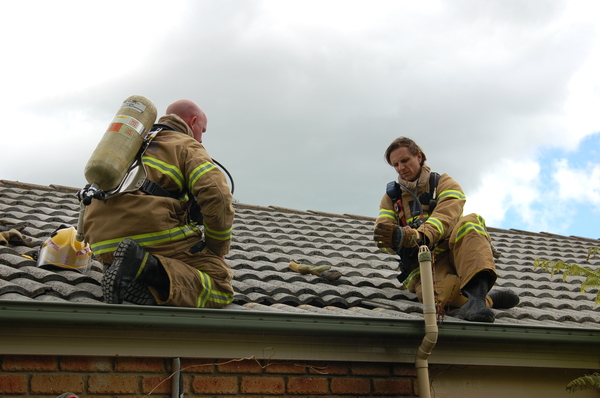
By Rowan Forster
Counterfeit and potentially-flammable solar panels have been installed at several Kooweerup and Lang Lang properties in a sophisticated scam sweeping the suburbs.
Con-artists masquerading as solar salespeople have reportedly swindled at least six property owners, installing dodgy infrastructure that fails to provide energy-saving benefits and even poses fire risks to homes.
After Serena Graham was told by her landlord that her newly-installed panels were “suspect,” she discovered the company that installed them did not exist.
She was subsequently slugged $1800 having them detached from her roof.
“We paid an upfront fee for the panels but it wasn’t overly expensive because they said they’d compensate it through a government rebate so we decided to get them installed,” she said.
“They had quite high pressure sales tactics which made it even worse.
“Unfortunately we didn’t realise it was suspicious until after the fact – and then it was too late.
“We tried to look up the company and it didn’t have an ABN, it didn’t even exist.”
According to Ms Graham, the installers were working for a company called New Solar Systems.
The Gazette contacted two other residents who were shafted by the same scam, but they chose not to share their experiences.
It comes just months after Cardinia Shire warned it had received reports of residents being approached by people, who claimed to be installing systems under the council’s Solar Savers program.
Under the program, interested pensioners contacted Solar Savers to discuss their eligibility and installation costs were paid by the shire.
After that residents pay for their panels over 10 years through a special rates charge.
“These scammers have claimed they are representing Solar Savers and council. These claims are untrue,” the council said in a statement.
A spokesperson for SCAMwatch outlined a number of ways to be mindful of dodgy salesmen.
“Be cautious if you are contacted by someone claiming to be from government or a genuine solar energy provider. Verify who they are by finding the agency or company’s contact details from an independent source such as a phone book and contacting them directly,” they said.
“If you think you have provided your account details to a scammer, contact your bank or financial institution immediately.”







